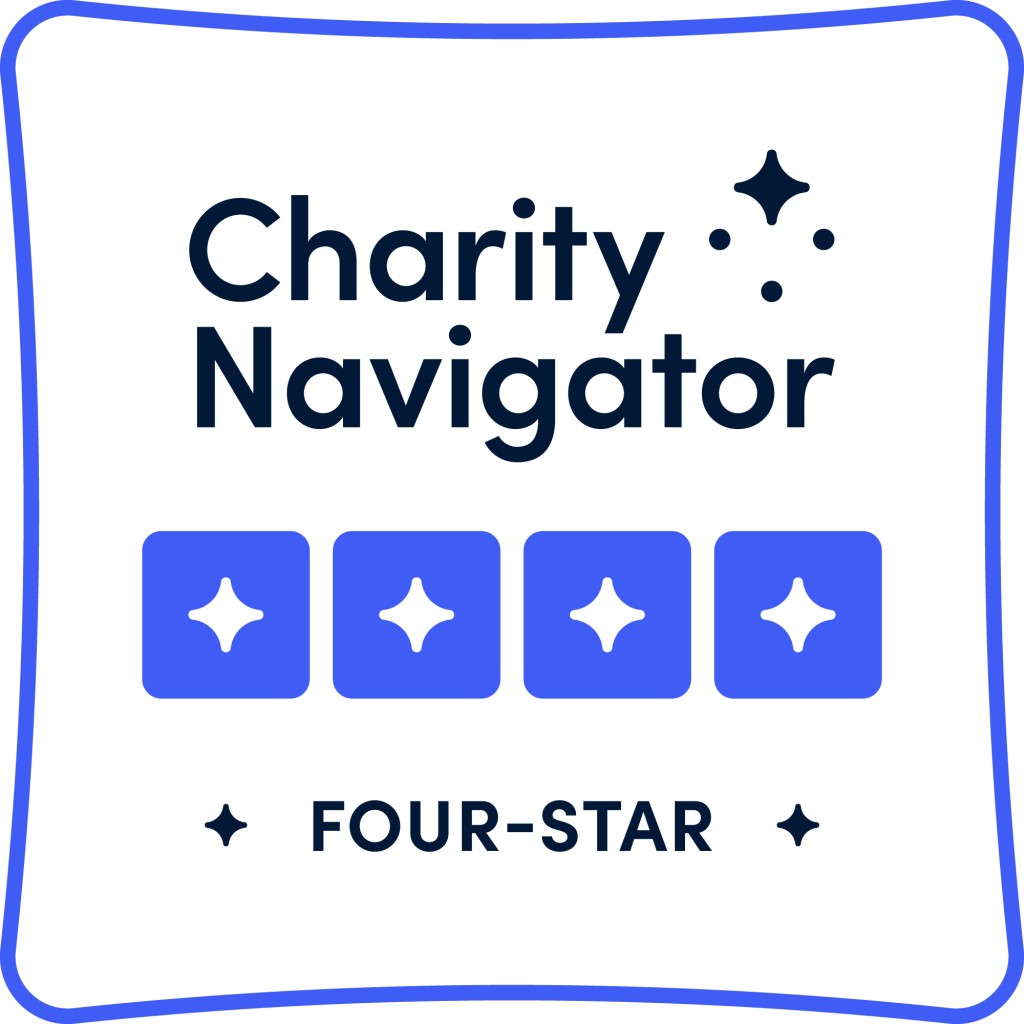
My cancer story begins with my mom’s. In the fall of 2012, after an MRI for hip pain, doctors suspected lymphoma in her pelvic lymph nodes. To confirm the diagnosis, they performed a biopsy. We were surprised when the results indicated the tumors were adenocarcinomas,. She was diagnosed with CUP (cancer of Unknown Primary). To best treat her, the doctors needed to try and determine where her tumors started. This meant additional testing.
Among those tests were genetic counseling and testing. This made a lot of sense given our family history. My maternal grandmother died at 47 of colon cancer, my maternal grandfather died of prostate cancer at 70, my mother’s brother had prostate and skin cancer, my maternal great grandmother died of “women’s cancer” at 53, and so on, and so on……
Given the lousy family history, it was no surprise to learn that my mom carried a BRCA1 mutation. Having attended the genetic counseling appointments with her, I knew I had a 50% risk of inheriting the genetic mutation as well. I made the decision to get tested just a few months later. I was saddened but not shocked to learn that I have the same BRCA1 mutation.
Knowing I wasn’t planning to have more children, I scheduled surgery to remove my ovaries and fallopian tubes (prophylactic salpingo oophorectomy) with a gynecologic oncologist. I did this knowing this procedure would reduce my risk for both ovarian AND breast cancers.
As with any surgery, there were a number of pre-op procedures I was required to have, including a CA125 and a transvaginal ultrasound. Both came back normal. That’s why it was astonishing to wake from surgery and learn I had stage 2 fallopian tube cancer! I was told a tumor had burst through my right fallopian tube. Lab results later confirmed there were also microscopic ovarian cancer cells growing in my left ovary. None of this was known prior to surgery.
Although my doctor was confident she removed all visible tumors, she acknowledged that she may not have seen everything and because of that I would need chemotherapy. She offered me two options: 1) dose-dense chemotherapy meaning that I would have chemo through a chest port (IV) every week rather than every three or in addition to chemotherapy given through my chest port, I would also be given chemotherapy with a second port placed directly into my abdominal cavity (called IV/IP chemotherapy, or Intraperitoneal chemotherapy). This allows the chemotherapy to essentially bathe my organs in chemo.
Seeking a second opinion, I asked my mom’s doctor about these options and she replied, “If you were my sister, I’d suggest IP. It has the best outcomes and because you’re otherwise young and healthy, you can tolerate it.”
She also suggested I consider a clinical trial taking place at Hopkins testing a new class of drugs called PARP inhibitors. Although I qualified, I chose not to participate because it would require me to make the hour-and-a-half drive from Northern Virginia to Baltimore several times a week. With three school-aged kids at the time, I just didn’t feel it was realistic.
I completed six rounds of IV/IP treatment locally instead. I received chemo in my chest port one day, went back to the hospital for chemo in my abdominal port the second, and returned the third day for hydration through my chest port because the drug I was receiving (cisplatin) was known for damaging the kidneys. This went on for four months.
I am pleased to say that I have remained NED (no evidence of disease) since I finished treatment in April 2014. My mom likes to tell people that she gave me life twice, and she’s right. If not for her genetic testing, there would have been no reason for me to test, and I likely would have been diagnosed with ovarian cancer at a more advanced stage.
I urge women with a family history of cancer to get tested. Understand your risk. Yes, it may not give you the news you desire, but knowledge is power, and you can take action as I did.
As for my mom, she is still alive today and remains a 9-year stage 4 ovarian cancer survivor. I am certain this wouldn’t have been possible if not for that drug — a PARP inhibitor — that was in clinical trials when I was in treatment. I am immensely grateful for all the women who participated and helped us discover a new therapy, especially one so effective in those with a BRCA mutation. If not for the braveness of these women, it is reasonable to think that my mom — and so many others — would have drastically different outcomes.
Ilana Feuchter
Ilana is a survivor and passionate advocate for the ovarian cancer community. Ilana has worked alongside the NOCC for several years, supporting the D.C. Metro area as a Market Manager, and currently serves as the Patient Insights & Advocacy Advisor.


